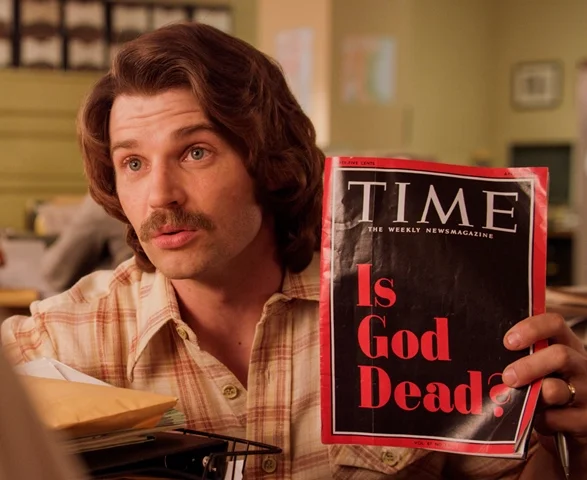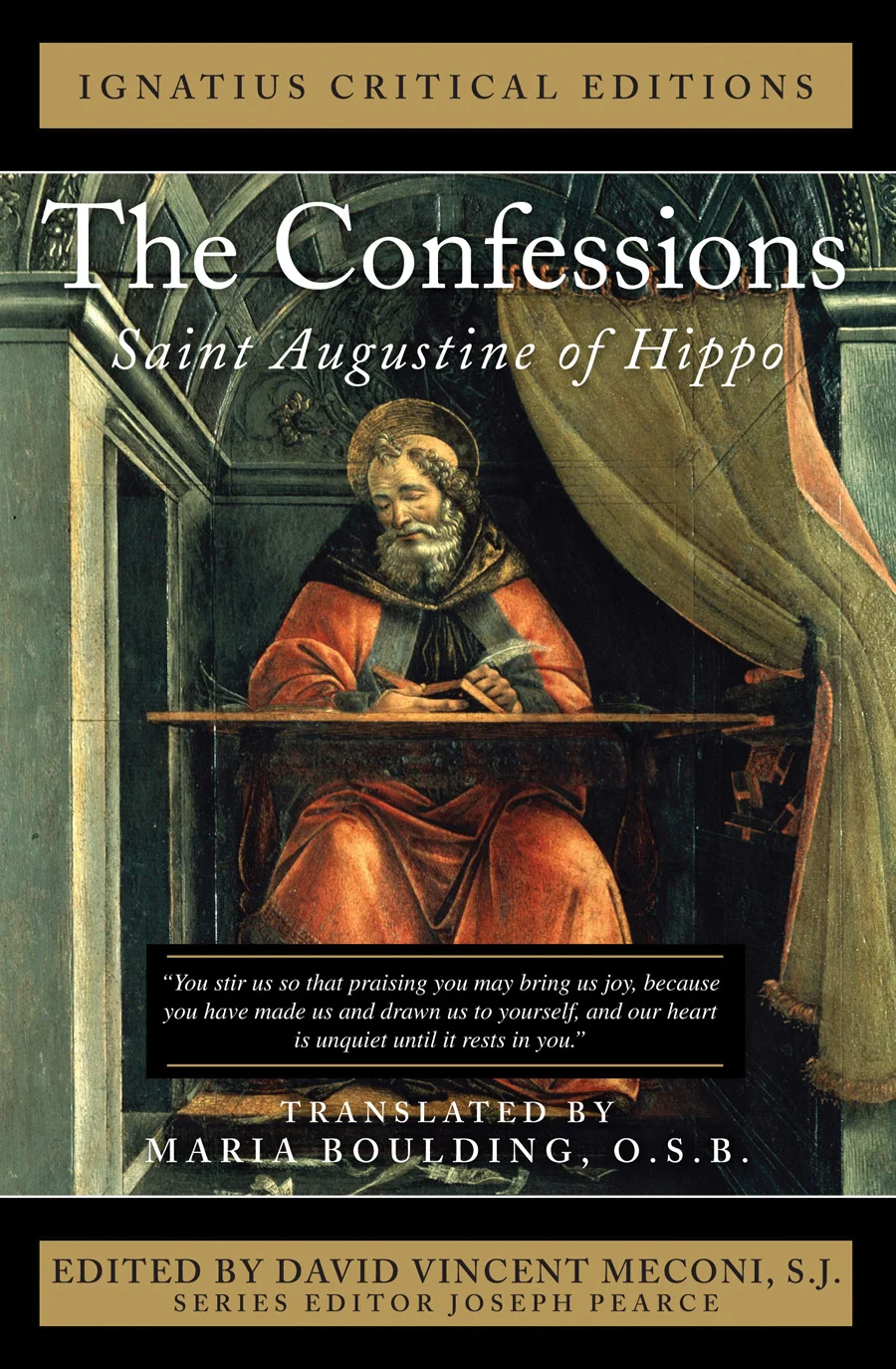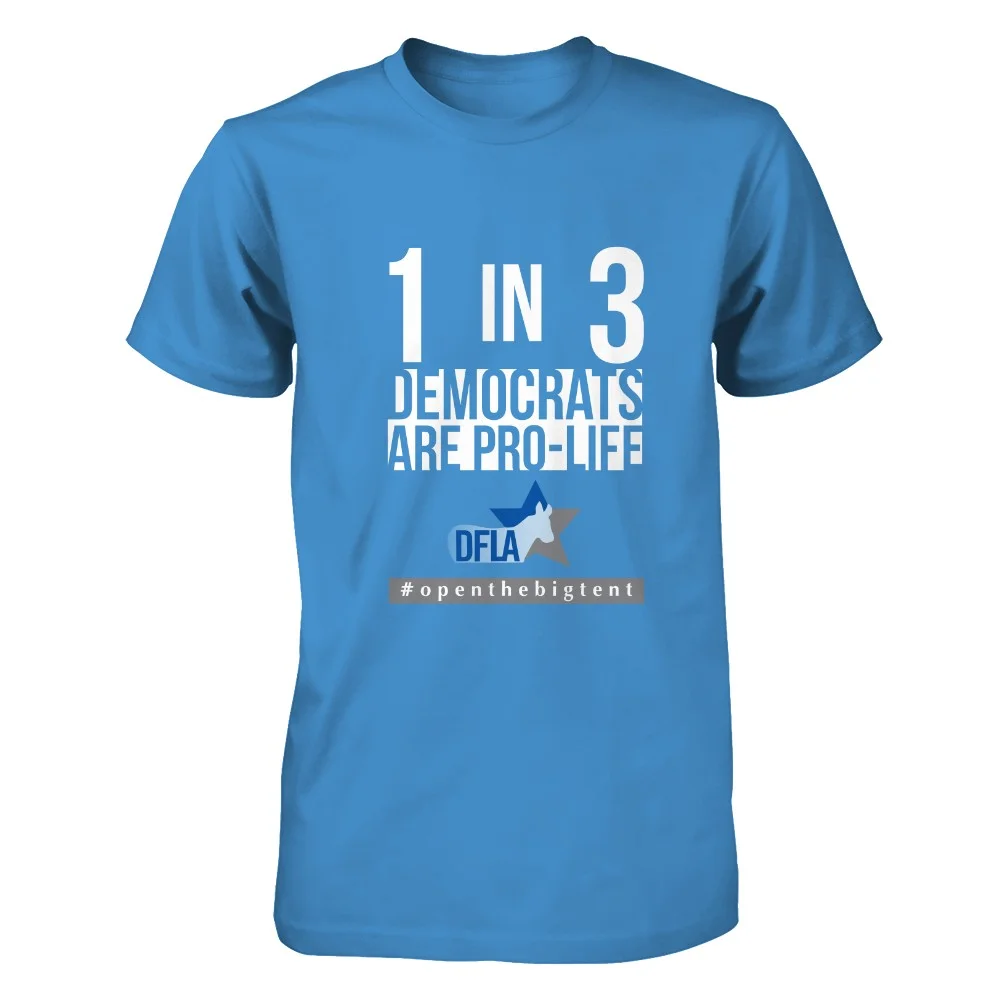PRAGUE -- The Czech Republic's capital has long been called the "city of 100 spires" and there are many church steeples among all those soaring medieval landmarks.
But along the winding, cobblestone streets, something else is happening at eye level in the bookstores, artsy shops, coffee hangouts and sidewalk posters. This is where yoga mixes with sacred rocks, folk religion bumps into numerology and dark themes in fantasy comics blend into pop versions of Hinduism and Buddhism.
In today's Czech Republic, people are "still asking questions about what is good and what is bad, and questions about life and death," said Daniel Raus, a journalist and poet known for his years with Czech Radio, covering politics, culture and religion.
"What is different is that (Czechs) are saying, 'I will decide what is good and I will decide what is bad. No one can tell me what to believe about any of this.' "
These trends can be seen in revealing numbers in a new Pew Research Center study entitled "Religious Belief and National Belonging in Central and Eastern Europe."
Looking at the big picture, the survey shows that the influence and practice of faith is slipping in lands long identified with Catholicism, those closest to the European West. Eastern Orthodoxy is rising, especially in lands in which faith and national identity blend. Among the Orthodox, however, statistics linked to prayer and worship remain sobering.
But the location of the most stunning changes is clear.
"The most dramatic shift … has occurred in the Czech Republic, where the share of the public identifying as Catholic dropped from 44% in 1991 to 21% in the current survey," noted the Pew summary document. "Today, the Czech Republic is one of the most secular countries in Europe, with nearly three-quarters of adults (72%) describing their religion as atheist, agnostic or 'nothing in particular.' "










